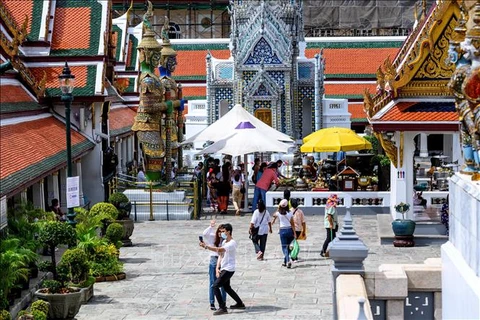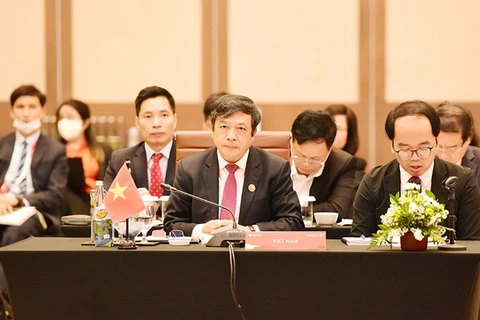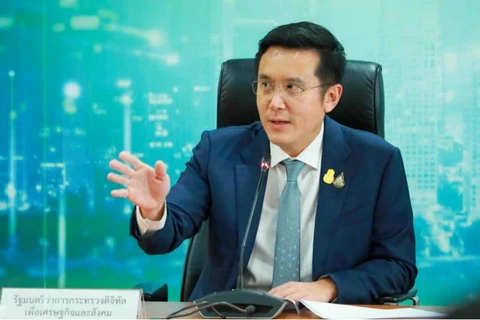Jakarta (VNA) – The ASEAN-Russia Ministerial Meeting on Science, Technology and Innovation (ARMMSTI) was held virtually on February 14 under the chair of Brunei’s Minister of Transport and Infocommunications Pengiran Dato Seri Setia Shamhary Mustapha and Russian Minister of Science and Higher Education Valery Falkov.
The meeting reviewed the milestones and achievements of the ASEAN-Russia dialogue relationship over the past 26 years and reaffirmed the desire to strengthen the strategic partnership between ASEAN member states and Russia in the field of science, technology and innovation (STI) to achieve sustainable economic development in the region.
The two sides welcomed the implementation of the ASEAN-Russia Year of Scientific and Technical Cooperation (ARYSTC 2022) with 52 initiatives successfully carried out in a number of areas including biotechnology; food security and sustainable agriculture; water resources and water treatment technology; microelectronics and information technology; meteorology and geophysics; environment management; energy and renewable energy; nuclear technology; high-tech healthcare and social sciences.
The two sides also agreed to promote collaboration within the framework of the ASEAN-Russia Plan of Action on Science, Technology and Innovation (ARPASTI) for the 2016-2025 period in 16 key areas, such as information exchange, discussion on prospects for joint research and development of environmental management technologies; consulting and implementing STI policy-making; expert exchange and support of joint projects to prevent outbreaks of infectious diseases.
Areas of cooperation also include space technology development to respond to climate change, carbon emissions reduction, and management of water resources and the application of artificial intelligence technology for sustainable agricultural development./.

ASEAN launches framework on sustainable tourism development post-COVID-19
The ASEAN Framework on Sustainable Tourism Development in the Post-COVID-19 Era has been recently released to guide the work on ASEAN’s sustainable tourism development agenda.






















